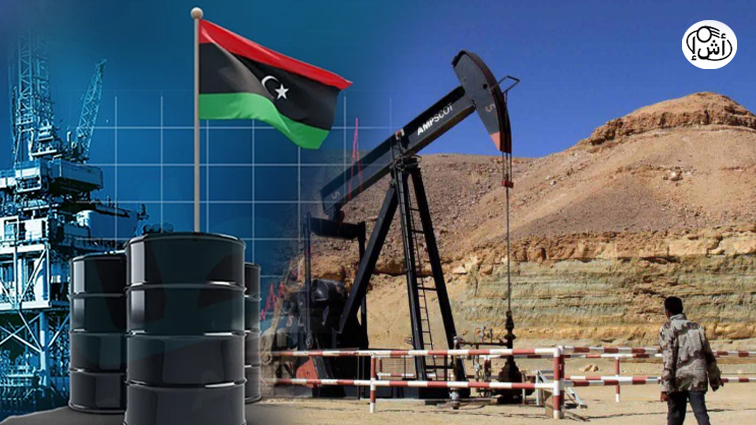Libya’s shale oil represents an immense wealth that bodes well for the North African country, where much of its economy depends on the unconventional fossil fuel sector.
Shale oil is a type of oil found within impermeable rocks with very narrow pores, which makes it difficult to access by traditional means, and its extraction requires special techniques such as horizontal drilling and hydrocracking (hydraulic).
Shale oil is found in different regions of Libya, including the north and southwest, in three main basins: the Ghadames Basin, the Sirte Basin and the Murzuq Basin.
Libya is home to shale oil, which formed during the Silurian period, and is considered one of the most important sources of hydrocarbons in North Africa, where it can produce more shale oil than similar deposits in many other countries.
In previous statements, former Libyan Oil Minister Mohamed Aoun revealed the existence of large reserves of shale oil in Libya, and pointed out that a large part of the territory is still unexplored.
Russia tops the world’s ranking of the world’s largest reserves of shale oil amounting to 75 billion barrels, followed by the United States in second place with 58 billion barrels, and China in third place with 32 billion barrels.
Libya ranked fifth in the world for the most recoverable shale reserves with reserves of 26 billion barrels, after Argentina in fourth place with about 27 billion barrels, according to a survey conducted by the US Energy Information Administration in 2013.
Historic prisoner swap between Russia and the United States
